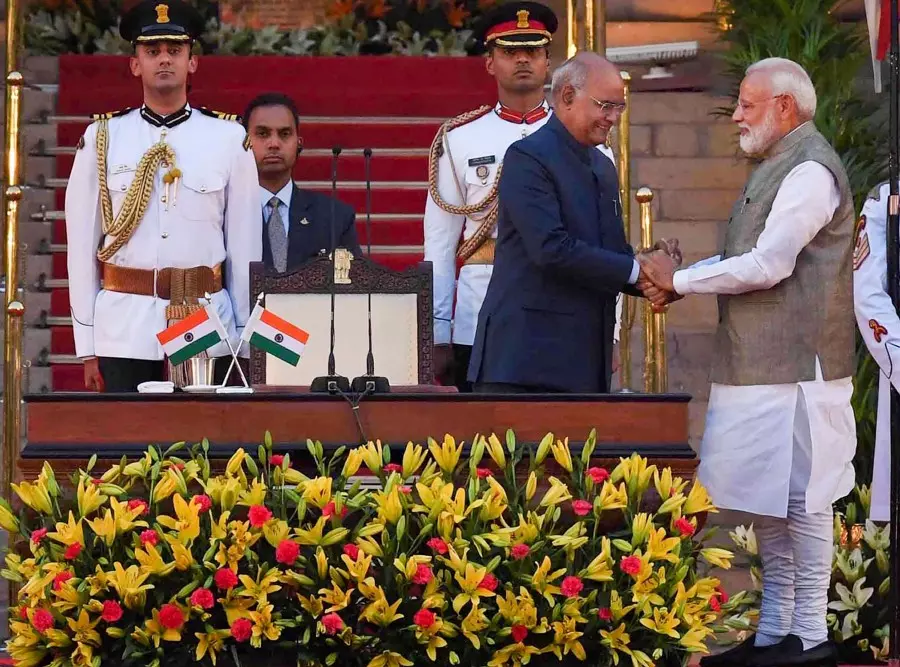
One Nation, One Election: Ram Nath Kovind-led panel to explore possibility
Reported move comes a day after government calling for special session of Parliament on September 18-22, agenda for which is under wraps

The government has constituted a committee headed by former president Ram Nath Kovind to explore the possibility of "one nation, one election", PTI reported on Friday (September 1) quoting sources.
The move comes a day after the government called a special session of Parliament between September 18 and 22, the agenda for which is under wraps.
Over the years, Prime Minister Narendra Modi has pushed strongly for the idea of simultaneous Lok Sabha and state Assembly polls, and the decision to task Kovind to look into it underscores the government's seriousness as a host of elections approach, said the PTI report.
Assembly polls are due in five states in November-December and they will be followed by the Lok Sabha elections in May-June next year.
However, the recent moves by the government have thrown open the possibility of advancing the general elections and some state polls, which are scheduled after and with the Lok Sabha contest.
The Mumbai meeting of the Opposition bloc INDIA is expected to discuss the One Nation One Election possibility today. The leaders may give shape to their plans for the 2024 Lok Sabha polls as they gear up to take on the NDA amid expectations of an early election, said PTI.
What this could mean
The 'One Nation, One Election' concept deals with holding simultaneous elections across the country, both for Parliament and state Assemblies. Voting will place around the same time. The BJP government has been saying simultaneous polls are more cost-efficient and logistically viable. The Model Code of Conduct will also be easier to implement.
However, this will require constitutional amendments, among other issues. Also, it might go against the principle of federalism, as regional parties may be unable to focus on local issues around election time. The issues that should take centre stage during Assembly elections will be eclipsed by the Parliament election issues.

